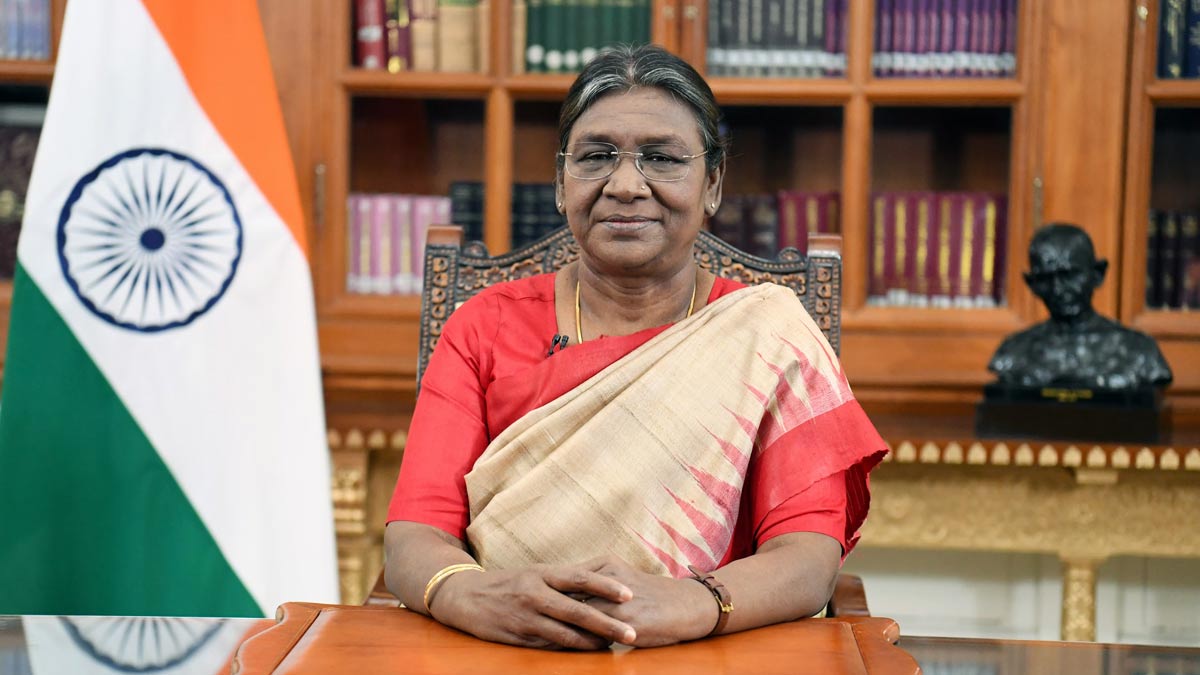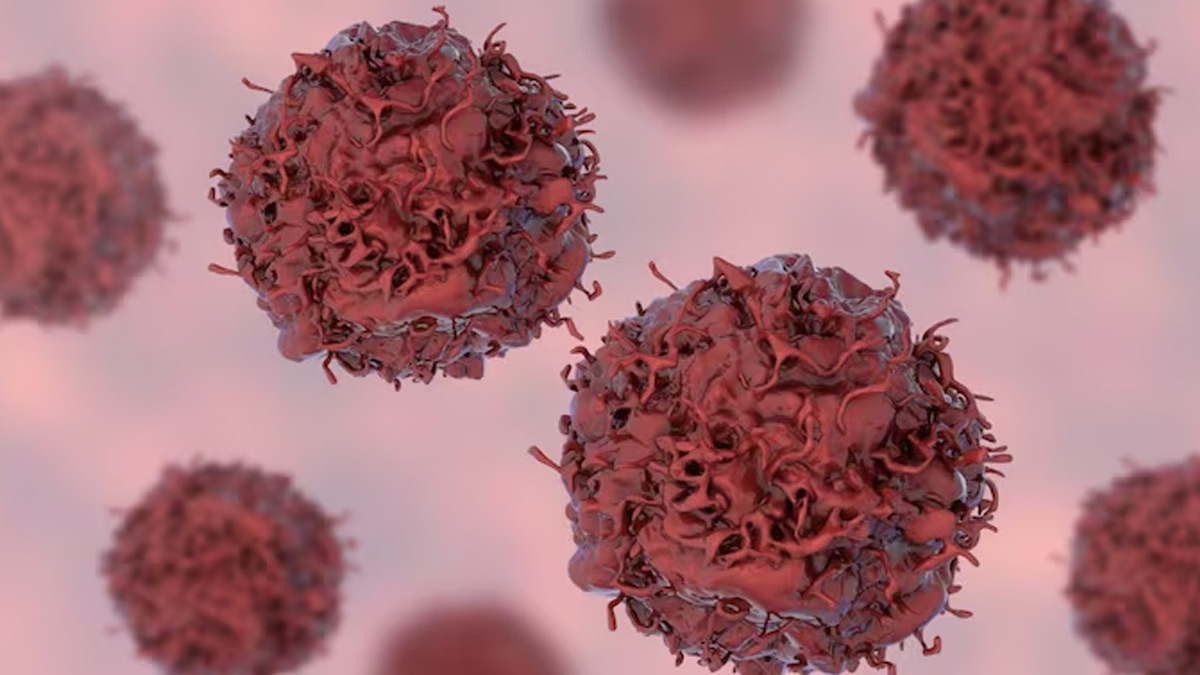
In a groundbreaking development, President Droupadi Murmu inaugurated India's maiden 'home-grown gene therapy' for cancer at the Indian Institute of Technology (IIT) Bombay on April 4, 2024. The therapy, known as CAR-T cell therapy, marks a significant advancement in India's fight against cancer, offering newfound hope to patients across the nation. Let's delve deeper into this revolutionary treatment and understand its implications.
Table of Content:-
The Genesis of NexCAR19: A Collaborative Endeavor
NexCAR19, India's first CAR-T cell therapy, is the result of a collaborative effort between IIT Bombay, Tata Memorial Hospital, and the start-up ImmunoACT. Spearheaded by two students, Alka Dwivedi and Atharva Karulkar, along with Professor Rahul Purwar, this initiative exemplifies the power of academia-industry partnership. President Murmu lauded this collaboration as a shining example of the 'Make in India' and 'Atmanirbhar Bharat' initiatives.

Affordable Innovation: Redefining Cancer Treatment
One of the most remarkable aspects of NexCAR19 is its affordability. Priced at 90 per cent less than its international counterparts, this therapy promises to make CAR-T cell treatment accessible to a larger segment of the population. President Murmu emphasized the significance of this cost reduction, noting that it opens doors for countless patients who were previously unable to afford such treatment.
The Science Behind CAR-T Cell Therapy
CAR-T cell therapy is a form of immunotherapy and gene therapy that involves modifying a patient's immune cells, particularly T cells, to enable them to combat cancer. In the case of NexCAR19, the therapy is designed to target CD19, a protein often overproduced in leukaemia and lymphoma cells. By harnessing the patient's immune system, CAR-T cell therapy offers a targeted and personalized approach to cancer treatment.
The Journey to Perfection: Overcoming Challenges
The development of NexCAR19 was not without its obstacles. The Indian research team encountered difficulties in designing the CAR-T cell with a human-like antibody. However, through collaborative efforts and external expertise, they successfully navigated these challenges, resulting in a refined therapy that promises enhanced effectiveness and reduced risk of immune system rejection.
A Glimpse into the Future: Potential Applications
While NexCAR19 is currently focused on treating blood cancers, its implications extend far beyond. As research progresses, this therapy could potentially revolutionize cancer treatment, paving the way for broader applications in immunotherapy. The hope is that NexCAR19 will not only benefit current patients but also shape the future of cancer treatment in India and beyond.
Bottomline
In conclusion, the launch of India's first 'home-grown gene therapy' for cancer at IIT Bombay represents a significant milestone in the country's healthcare landscape. With its affordability, accessibility, and potential for broader applications, NexCAR19 holds the promise of transforming cancer treatment and offering renewed hope to patients and their families. President Murmu's words ring true: this is indeed a major breakthrough in India's battle against cancer, and a testament to the power of collaboration and innovation in healthcare.
How we keep this article up to date:
We work with experts and keep a close eye on the latest in health and wellness. Whenever there is a new research or helpful information, we update our articles with accurate and useful advice.
Current Version